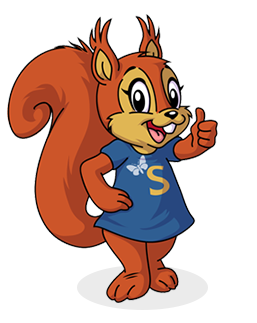“The more you know about the past, the better prepared you are for the future.” – Theodore Roosevelt
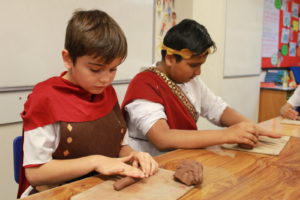
Ancient Greek Day
We believe that high quality history lessons inspire children to want to know more about the past and to think and act as historians. By linking learning to a range of topics, children have opportunities to investigate and interpret the past, understand chronology, build an overview of Britain’s past as well as that of the wider world, and to be able to communicate historically. The History curriculum at Southill makes full use of resources within the immediate and wider local area enabling children to develop a deep understanding of the rich history of their locality and heritage.
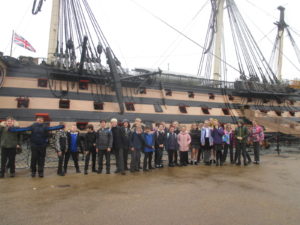
Year 6 at HMS Victory
Learning is informed by the National Curriculum and are sensitive to children’s interests, as well as the context of the local area. Our History curriculum is carefully planned and structured to ensure that current learning is linked to previous learning. In line with the National Curriculum 2014, the curriculum at Southill aims to ensure that all pupils:
- Gain a coherent knowledge and understanding of Britain’s past and that of the wider world which helps to stimulate pupils’ curiosity to know more about the past
- Are encouraged to ask perceptive questions, think critically, weigh evidence, sift arguments, and develop perspective and judgement
- Begin to understand the complexity of people’s lives, the process of change, the diversity of societies and relationships between different groups, as well as their own identity and the challenges of their time.
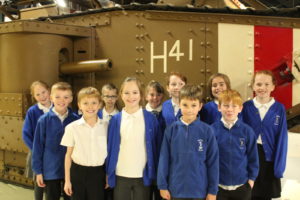
WW1 Tanks at Bovington Tank Museum
Teachers have identified the key knowledge and skills of each history topic and consideration has been given to ensure progression across topics throughout each year group across the school. By the end of year 6, children will have a chronological understanding of British history from the Stone Age to the present day. They are able to draw comparisons and make connections between different time periods and their own lives. Interlinked with this are studies of world history, such as the ancient civilisations of Greece and the Mayans.
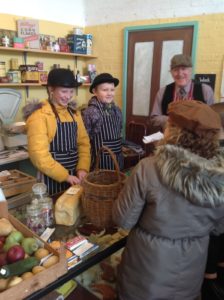
Weymouth at War – Nothe Fort
Cross curricular opportunities in History are planned for where appropriate, with strong links between the History curriculum and morning literacy lessons enabling further contextual learning. The local area is also fully utilised to achieve the desired outcomes with regular trips arranged to enable children to find out and write about their local history. For example, our younger pupils visit Corfe Castle to learn about jobs in castles while older pupils find out about Weymouth at war by visiting Nothe Fort or how local smugglers were punished by visiting Shire Hall Museum. We also aim to broaden children’s wider experience by ensuring they visit London; for example to learn about Shakespeare’s Globe or Egyptians at The British Museum.
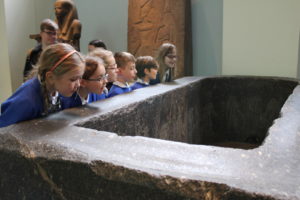
Ancient Egypt at The British Museum
Planning is informed by and aligned with the National Curriculum. Outcomes of work are regularly monitored to ensure that they reflect a sound understanding of the key identified knowledge and we are working on progression documents in writing across foundation subjects to ensure we have high expectations for cross curricular work. The Early Years Foundation Stage (EYFS) follows the ‘Development Matters in the EYFS’ guidance which aims for all children in Reception to have an ‘Understanding of the World; people and communities, the world and technology’ by the end of the academic year.
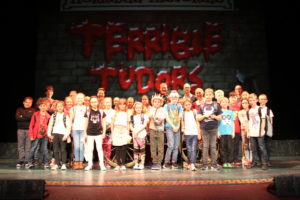
Horrible Histories Live on Stage!
